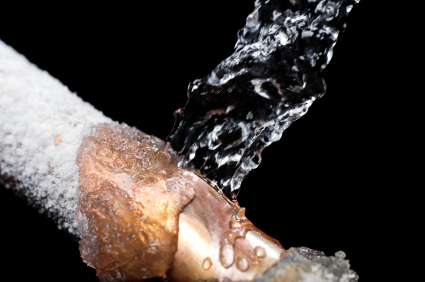If you’re living in Charleston — whether you’ve just moved here or if you’ve been here your whole life — you know that Charleston, the Lowcountry and the entire southeastern side of the US is hot & humid this time of year.
That’s no surprise and hopefully you’ve reviewed our last post reviewing important questions to ask about HVAC for your home in Charleston that will help keep you cool & dry this warm season (at least indoors).
If you feel like you’ve got a good or new air conditioning system but are still experiencing too much humidity in your home, there could be many culprits to consider. Here are a few of them.
Poor or Leaky Air Vents
In many cases here in the Lowcountry, fluctuating humidity is due to poor ventilation and/or leaky air vents. When ductwork goes through a crawlspace or attic, moisture that exists there (because you’re not air conditioning those places) can be pulled in and elevate your home’s humidity levels.
Improperly Vented Bathrooms
There is quite a bit of moisture that exists in your bathroom, so if the vent in there isn’t doing its job or is non-exisitent, that extra moisture can seep into your home, especially after shower use.
If you’re outside a lot more during the summer or have frequent guests, that shower is going to be used more often this time of year leading to excess humidity that you might otherwise not have at other times of year.
Improperly Vented Dryer
This may seem too obvious to be an issue, but make sure your dryer is properly ventilated to an exterior port. If it isn’t that moist air coming from your wet clothes will be dispersed throughout your home.
Also make sure that if your dryer is, in fact, being ventilated outside, that nothing is blocking its airflow (dirt, debris, furniture, etc.).
Oversized Air Conditioning
This might be the biggest humidity culprit around Charleston. If your air conditioning is over-sized for your home, it may cool your home too quickly, leaving behind humidity after it turns off. That’s why you’ll feel like it’s cool in your home, but you still feel sticky/sweaty.
Ask An Charleston HVAC Expert
If you’re unsure how to check the above humidity culprits, or have other humidity related questions, it can be much quicker to give a local HVAC company a call and walk them through your particular situation.
They’ll be able to help you pinpoint your humidity woes and recommend the best possible solution.
As mentioned above, there’s not really getting around dealing with the humidity outdoors, however if you’re able to cover the items listed above, you’ll be well on your way to have a cool, dry and relaxing summer here in Charleston.

